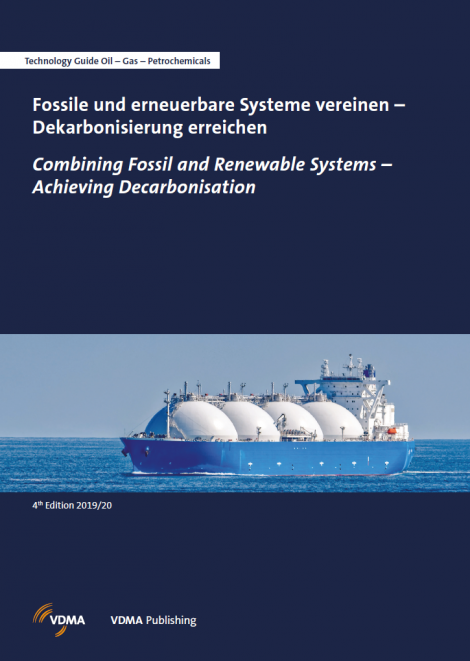Steaming up for more efficiency
31. December 2019
The paper describes steam recycling and shows the enormous savings potential of this process:
Steam, actually steam, is one of the most important industrial working media. Its material properties - for example a high heat capacity, a high heat of evaporation and a high heat transfer coefficient - make it an ideal heat transfer medium.
Whether for heat supply, power generation in thermal power plants or as a propellant and cleaning and humidifying medium - steam literally drives a wide range of industrial processes. Most steam applications require steam at high pressures and temperatures. For example, the use of high-pressure steam can be used to achieve desired high reaction rates and mass transfer rates in chemical processes or high drying speeds.
Excess low-pressure steam is often generated as a waste product of other production processes, e.g. during product cooling or drying, in exothermic reactions (in which heat is released) and during the incineration of residues.
Since low-pressure steam is often difficult to use for energy purposes, it is usually re-cooled and liquefied with air-cooled condensers or cooling towers. The heat contained in the steam is released into the atmosphere and is therefore lost to the process.
This is where so-called steam recycling comes in. With relatively little effort, unusable low-pressure steam can be made usable again by steam compression. For this purpose, low-pressure steam is fed into a piston compressor and compressed to the desired pressure level. In this way it is possible to generate up to 15 times more high-pressure steam than the electrical energy required to drive the compressor. To generate steam of the same quality using conventional combustion, a considerably higher energy input is required. In practice, therefore, steam recycling can result in cost savings of up to 50% or more compared to conventional steam generation.
